Lack of Trust in the Workplace Can Impact the Bottom Line
By Kimberly Kafafian
You’ve heard the saying, “A business is only as good as its people.” While this usually connotes skills, it also relates to how well your employees work as a team, which requires trust among every member from the top down and bottom up. Lack of trust can negatively affect productivity, create a toxic environment, and increase turnover – all of which are intertwined with your profits. Recognizing actions that can erode trust and proactively taking steps to build it is crucial for sustaining your business and growing it. As a fractional human resource professional, I can look at People Operations with a fresh view, identifying trust roadblocks, devising strategies for overcoming them, and suggesting ideas for preventing them from popping up again. Hopefully, the insights I’ve gained over the years and the actions I’ve found effective, outlined below, will help you boost trust among your team members.
Examples of Lack of Trust
When leaders, employees, and co-workers don’t have faith in each other, it can show in a variety of ways, including:
- Micromanaging every task and decision
- Refusing to delegate
- Blaming others when issues arise
- Hoarding knowledge rather than sharing it
- Showing favoritism
Each of these actions hinder productivity, damaging the business overall.
Common Causes for Lack of Trust
With trust being a key underpinning of company success, it’s important to determine if your company has a faulty foundation. Here are some common actions that erode trust in the workplace that you should avoid:
- Poor communication
- Lack of transparency
- Micromanagement
- Failure to consider new ideas
- Being biased
Benefits of Fostering Trust
Investing in building trust brings a host of incredibly valuable benefits. People that feel like they are trusted are more engaged, which leads to greater creativity and innovation. Demonstrating trust in teams also enhances decision-making and problem solving, saving time and money. Plus, trust leads to loyalty, boosting retention rates – trust is a powerful motivator.
Tips for Building Trust
Communicate Openly and Often. Don’t leave workers in the dark. Be transparent and honest so they know they can count on being told the truth. Provide constructive feedback and help them improve.
Be Consistent. Instill fairness by creating criteria for decision-making and sticking to them.
Encourage Sharing of Ideas. Foster a culture that encourages the free flow of ideas and thoughts.
Provide Opportunities for Autonomy. Don’t micromanage but rather let your team take on new challenges.
Promote the Value of Working as a Team. I’ve found that team-building activities go a long way to help build trust.
Building trust takes effort, from self-audits to training management to employee seminars. But the results are well worth the resources. Teams that trust each other collaborate better, innovate, and are more engaged – which all benefits the bottom line.
 En Español
En Español








